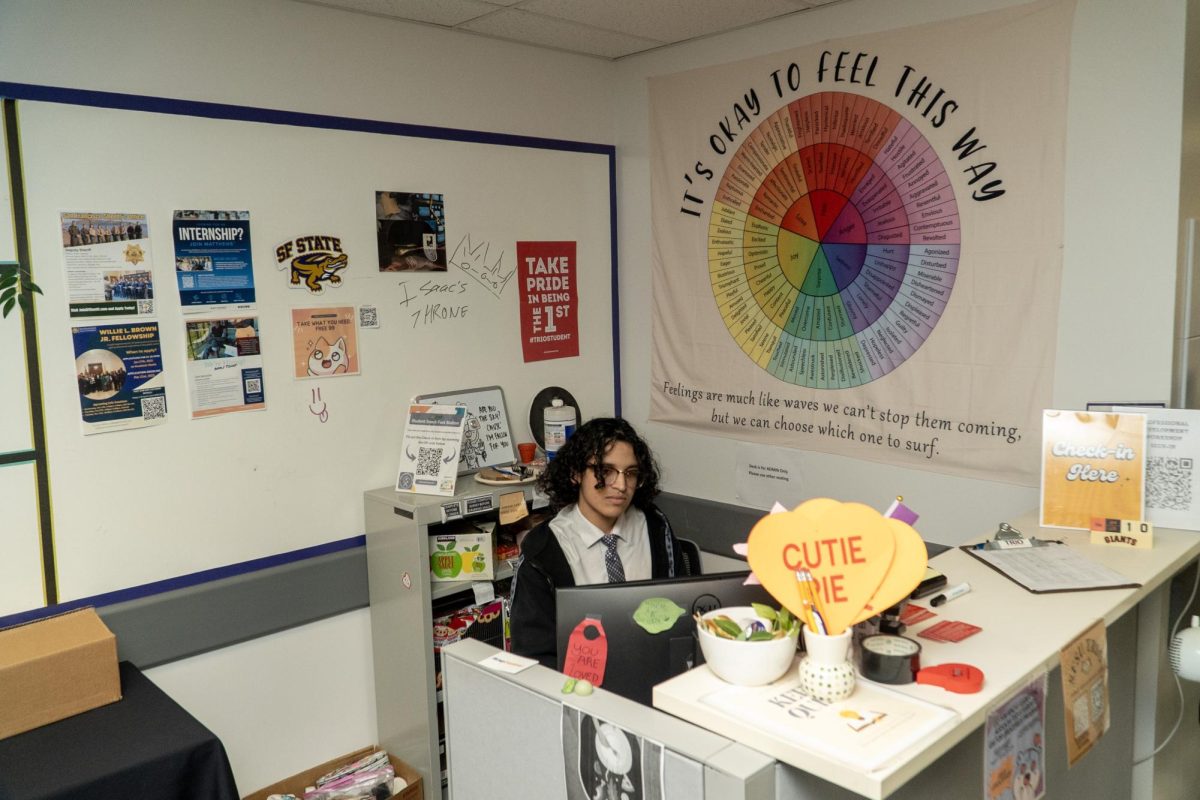California’s legislature adjourned Sept. 13, leaving hundreds of bills awaiting Gov. Gavin Newsom’s final stamp of approval. His deadline was Sunday. Xpress has covered several. Here’s a distillation of five more.
Spurred by a statewide string of high-profile police shootings, AB392 mandates that California police officers can legally use deadly force “only when necessary in defense of human life” beginning 2020. The standard strays from a Supreme Court precedent that has allowed excessive force if it’s “objectively reasonable.” In a compromise, legislators removed the definition of the word “necessary” from the bill’s text, leaving much of this law’s impact up to the courts.
California will phase out private prison facilities and prohibit the imprisonment of inmates within them by 2028. The state’s Department of Corrections and Rehabilitation will no longer enter or renew contracts with private prisons inside or outside the state beginning next year. However, AB32 cannot bind federal law enforcement agencies, according to US Immigration and Customs Enforcement. If the law goes into effect, ICE will transfer inmates a greater distance to an arrest location, potentially separating them further from their friends and family.
California will place an eye-popping $15 billion bond on the primary election ballot to shore up unsafe schools. With voter approval, the facilities upgrades would make preschools, K-12 public schools and colleges earthquake and fire resistant, as well as free from lead, mold and asbestos. “This is a historic down payment for safer and healthier school buildings across every level of education, and something that will tangibly benefit millions of Californians for generations to come,” Newsom said in a statement. AB48 was signed 10 days before the 30-year, Oct. 17 anniversary of the Loma Prieta Earthquake.
Bundled alongside 14 other gun control bills signed Friday, AB12 will allow school teachers, administrators and employers to file for court-mandated removal of guns from people they consider a danger to the public or themselves. California previously reserved this right for law enforcement and family, but lawmakers expanded it in response to the Parkland, Florida, shooting that killed 17 people last year. The bill also extends restraining orders for gun possession from one year to five. Others will cap firearm sales for those without licenses and require background checks for guns sold at auctions or similar events.
Three senior administrators of a public university must sign off on the special admission of any student beginning fall 2020. Motivated by this year’s college admissions scandal, AB1383 reached Newsom’s desk days before a judge sentenced actress Felicity Huffman to 14 days in federal prison for bribery. The simultaneously signed AB136 will prevent perpetrators of the scandal from taking tax deductions for any donations used for bribery.
Newsom signed a bundle of bills to relax the requirements for financial aid to college students. SB150 will lower financial aid requirements for students who are in foster care, homeless, migratory children, from juvenile court school or from a military family. AB2 will allow individuals from Disabled Students Programs and Services to take fewer than 12 units to qualify for the California College Promise program, which can waive enrollment fees for first-time students. SB354 will make California Dream Act students enrolled in professional or graduate degree programs eligible for a state-supported loan program. AB1278 will require public colleges to publish information on their student web portals about public services and programs like CalFresh, mental health services and housing resources.










